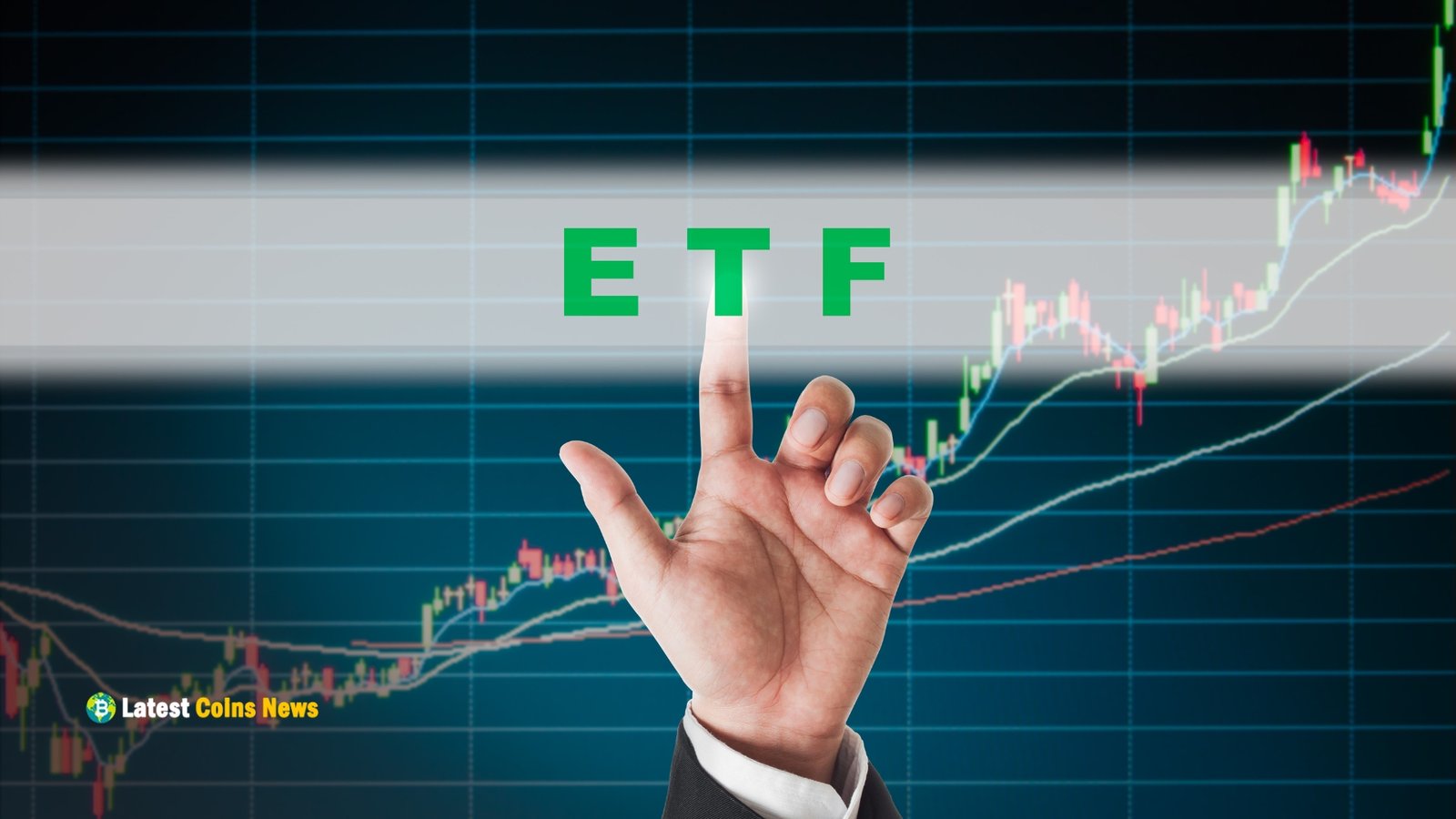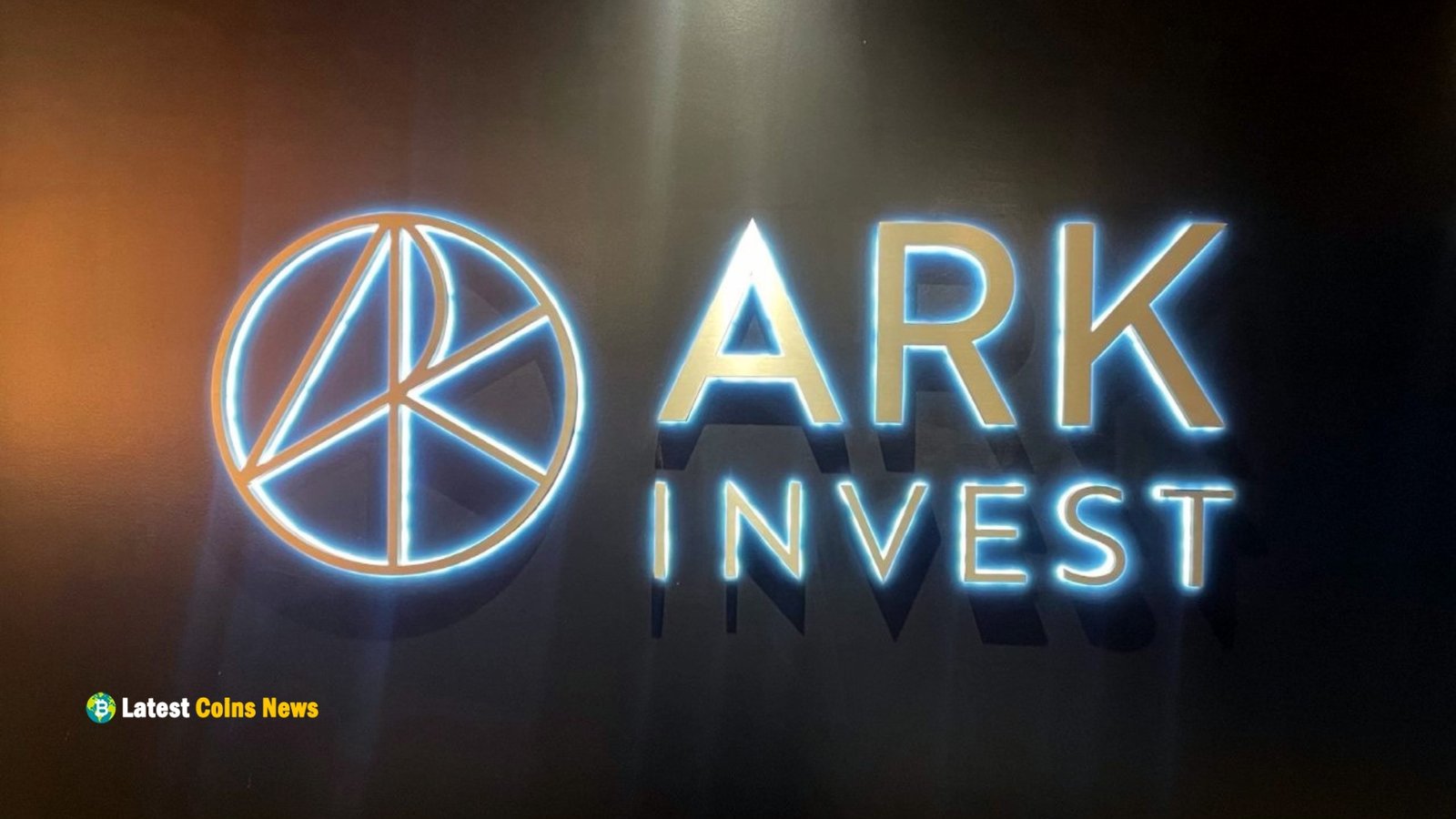Spot Bitcoin ETF News: A Comprehensive Update 2024

A possible Spot Bitcoin ETF News has sparked a flurry of activity in the world’s financial and cryptocurrency markets. The prospect of a spot Bitcoin ETF has piqued the interest of both institutional investors and regulators due to Bitcoin’s rising profile. A major step forward in introducing Bitcoin to institutional and individual investors may be achieved with the green light for such a product. Stay up-to-date with the latest happenings in the spot Bitcoin ETF industry with this article.
What is a Spot Bitcoin ETF?
A spot Bitcoin ETF tracks Bitcoin’s price in real-time, giving investors exposure without owning or managing it. ETFs that hold spot Bitcoin differ from those that monitor future Bitcoin prices. Investors would have direct Bitcoin market access and fewer futures-based product concerns like price divergence if this distinction were made.

Key Market Players
Several large banks are competing to be the first to market with a spot Bitcoin exchange-traded fund. The prominent participants include Grayscale, Ark Invest, BlackRock, and Fidelity. It is more likely that one of these companies will be able to obtain regulatory permission because each brings a lot of weight to the table.
BlackRock
The proposal for a spot Bitcoin ETF by BlackRock, the biggest asset management in the world, has been closely observed. The firm’s entry into the Bitcoin ETF contest boosted the market’s optimism regarding eventual approval.
Grayscale
Longtime leader Grayscale Bitcoin Trust (GBTC) is one of the most popular ways for investors to obtain Bitcoin exposure. The conversion of GBTC into a spot Bitcoin ETF has been a long-running issue with the U.S. Securities and Exchange Commission (SEC). Because the result might serve as a model for other applications, the media has paid close attention to Grayscale’s legal actions against the SEC.
Fidelity
Regarding Bitcoin exchange-traded funds (ETFs), Fidelity has been a major factor in applications and market share. The company has become a major player in the race for exchange-traded funds (ETFs) due to its emphasis on growing its crypto services to retail and institutional customers.
Ark Invest

A prominent advocate of blockchain technology and cryptocurrencies, Cathie Wood’s Ark Invest is known for its innovative investment ideas. The business has kept the pressure on regulators by submitting numerous applications for spot Bitcoin ETFs.
Regulatory LandscapeU.S. U.S. Securities and Exchange Commission (SEC) has faced significant resistance to a spot Bitcoin ETF. The SEC hesitates due to market manipulation, insufficient investor safeguards, and general cryptocurrency market volatility. These are the main reasons the regulator has always turned down applications for spot Bitcoin ETFs.
On the other hand, new information indicates that things might be changing. Other firms resubmitted their applications, and debates regarding regulatory clearance reignited with BlackRock’s registration for a spot Bitcoin ETF in June 2023. To allay the SEC’s fears of market manipulation, BlackRock included a “surveillance-sharing agreement” in its submission. By working with exchanges, the ETF provider can keep tabs on trades, which makes the whole process more transparent.
Furthermore, a fresh development has emerged in Grayscale’s continuing legal dispute with the SEC. In August 2023, the United States Court of Appeals ruled that the SEC’s denial of Grayscale’s request to transform GBTC into a spot ETF constituted an “arbitrary and capricious” action. Thanks to this verdict, investors are now more optimistic than ever that regulatory approval is within reach.
Global Developments
Although the United States has hesitated to authorize a spot Bitcoin ETF, other nations have achieved considerable progress. Investors in Canada, for instance, can acquire direct exposure to Bitcoin using spot-based ETFs, one of several that were previously approved. The products in question have become increasingly popular among institutional and individual investors, providing a possible example for the United States to emulate.
Regulatory bodies in European nations, including Switzerland and Germany, have approved Bitcoin ETPs (exchange-traded products) and ETFs, and comparable products have also been introduced. These developments reflect the increasing demand for regulated cryptocurrency products and show that other regions are more open to adopting this financial innovation.
Impact on Bitcoin and the Market
The bitcoin market might be rocked if the US government green-lit a spot Bitcoin ETF. To begin with, it would finally allow the long-awaited influx of institutional investors to purchase Bitcoin through a regulated instrument. Because a spot ETF must buy Bitcoin to support the fund, the inflow of capital can cause the price of Bitcoin to rise.
If a spot Bitcoin ETF is approved, there may be less market volatility and more liquidity. Investors could trade Bitcoin in a safer and more transparent environment with more regulated products, decreasing their need for unregulated exchanges.
A spot Bitcoin ETF would indicate a change in regulatory stances regarding cryptocurrencies on a larger scale. This could potentially accelerate the development of other financial products based on cryptocurrency. Its acceptance in mainstream finance lends credence to the asset class.
Read More: Capula Management Europe Announces $500M Bitcoin ETF
Conclusion
Large banks and government agencies are at the forefront of the discussion surrounding a potential spot for the Bitcoin ETF. Even though the US SEC is still hesitant to approve the product, the market is hopeful after recent events like Grayscale’s court triumph and BlackRock’s application. Other nations are already using spot Bitcoin ETFs. However, it shows global tendencies and gives us a taste of what the future might bring.
The approval of a spot Bitcoin ETF would signal new investment opportunities and wider regulatory acceptance of digital assets. Which would be a watershed moment for the cryptocurrency industry. But what comes next is anybody’s guess; market players should monitor regulatory actions closely over the next few months.
